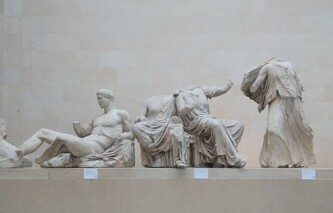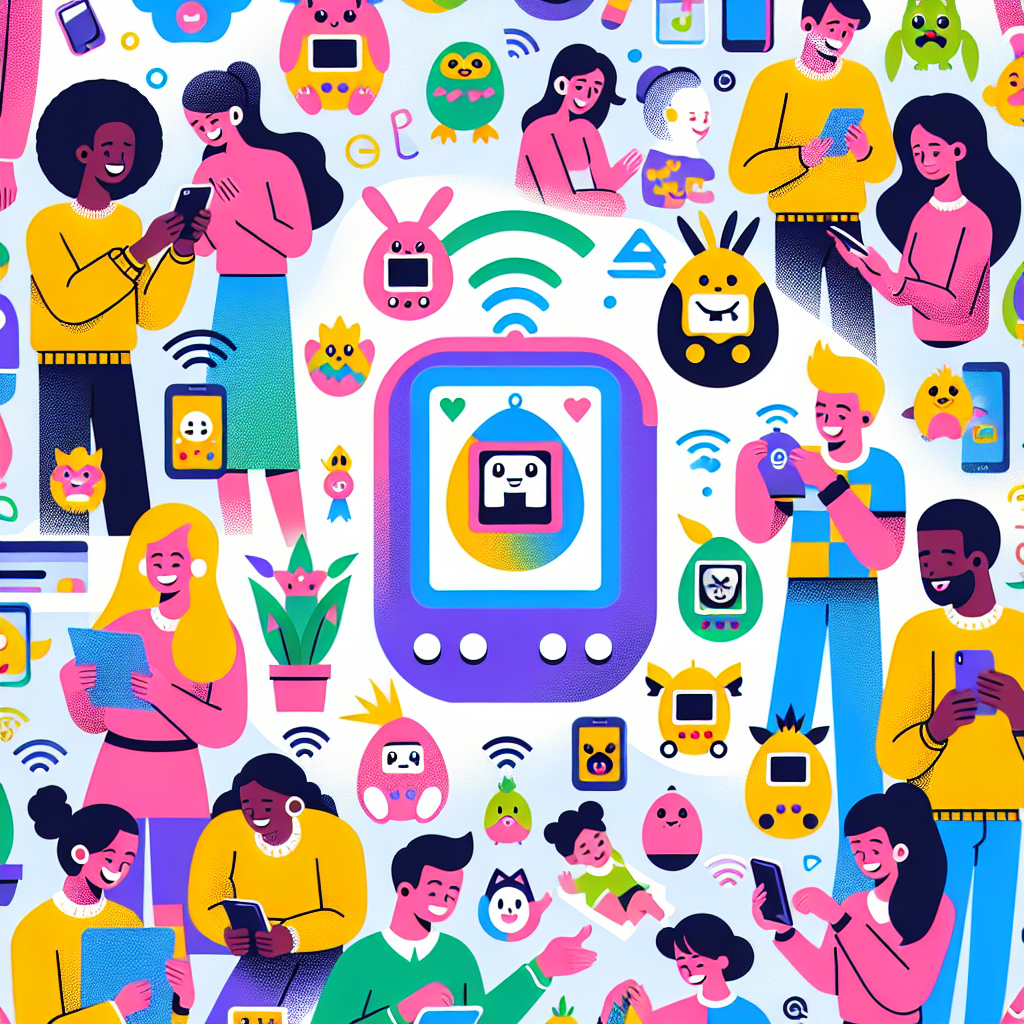A study from the UK says that playing music or singing is good for the brains of older people. Researchers found that doing things with music, like playing an instrument or reading music notes, can help keep the mind sharp and memory strong as people get older. They looked at more than 1,100 people who were over 40 years old and noticed that those who played instruments were especially good at solving problems and remembering things.
Playing certain instruments, like the piano or flute, seems to be very good for the brain. But just listening to music doesn’t help the brain in the same way. The main researcher, Prof Anne Corbett, said learning to read music is like learning a new language for the brain. She thinks starting a musical hobby, even later in life, could be really good for keeping the mind healthy.
However, playing music might not stop all brain problems, like dementia. But a group called Dementia UK thinks music can still help people with dementia feel better. The study shows that making music a part of life might help people stay sharp and healthy in their brains as they get older.
Original news source: Playing a musical instrument good for brain health in later life – study (BBC)
🎧 Listen:
Slow
Normal
Fast
📖 Vocabulary:
| 1 | researchers | People who study things carefully to learn more about them |
| 2 | instruments | Tools you play to make music, like guitars or drums |
| 3 | memory | Being able to remember things |
| 4 | solving | Figuring out answers to problems |
| 5 | piano | A big musical tool with black and white keys you press to make music |
| 6 | flute | A thin musical tool you blow into to make music |
| 7 | dementia | A sickness that makes it hard for some older people to remember things |
| 8 | hobby | Something fun you like to do in your free time |
| 9 | healthy | In good shape, not sick |
| 10 | musical | Related to music |
| 11 | sharp | Very smart or able to think clearly |
| 12 | noticed | Saw or observed something carefully |
Group or Classroom Activities
Warm-up Activities:
– Charades
Instructions: Divide the class into teams. Write down a list of musical instruments on separate pieces of paper. Have one student from each team come up and pick a piece of paper. Without speaking, they must act out playing the instrument and the rest of their team must guess what instrument it is.
– News Summary
Instructions: Have the students read the article individually or in pairs. Then, have them write a summary of the article in their own words. Afterward, have a class discussion where students can share their summaries and compare their understanding of the article.
– Opinion Poll
Instructions: Divide the class into pairs. Have each pair discuss their opinions on the benefits of playing music or singing for older people. Then, have each pair conduct a mini opinion poll, asking other pairs for their opinions. Afterward, have a class discussion where students can share their findings and discuss different perspectives.
– Vocabulary Pictionary
Instructions: Write down a list of vocabulary words from the article on separate pieces of paper. Divide the class into teams. Have one student from each team come up and pick a piece of paper. Without speaking, they must draw a picture to represent the word while their team must guess what the word is.
– Think-Pair-Share
Instructions: Have the students think individually about whether they agree or disagree with the statement “Playing music or singing is good for the brains of older people.” Then, have them pair up and discuss their thoughts with a partner. Finally, have a class discussion where students can share their opinions and reasons for their stance.
🤔 Comprehension Questions:
1. What did the study from the UK say about playing music or singing?
2. What did the researchers find about doing things with music?
3. What did the researchers look at in the study?
4. What did they notice about the people who played instruments?
5. Which instruments seem to be very good for the brain?
6. Does just listening to music help the brain in the same way?
7. What did the main researcher say about learning to read music?
Go to answers ⇩
🎧✍️ Listen and Fill in the Gaps:
A study from the UK says that playing (1)______ or singing is good for the brains of older people. Researchers found that doing (2)______ with music, like playing an instrument or reading music notes, can help keep the mind (3)______ and memory strong as people get older. They looked at more than 1,100 people who were over 40 years old and noticed that those who played (4)______ were especially good at solving problems and remembering things.
(5)______ certain instruments, like the piano or (6)______, seems to be very good for the brain. But just listening to music doesn’t help the (7)______ in the same way. The main researcher, Prof Anne Corbett, said (8)______ to read music is like learning a new language for the brain. She thinks starting a musical hobby, even later in life, could be really good for keeping the mind (9)______.
However, playing music might not stop all brain problems, like (10)______. But a (11)______ called Dementia UK thinks music can still help people with dementia feel better. The study shows that making music a (12)______ of life might help people stay sharp and healthy in their brains as they get older.
Go to answers ⇩
💬 Discussion Questions:
Students can ask a partner these questions, or discuss them as a group.
1. What did the study from the UK say about playing music or singing?
2. How can playing an instrument or reading music notes help older people?
3. Do you think playing certain instruments, like the piano or flute, is good for the brain? Why or why not?
4. What did the main researcher, Prof Anne Corbett, say about learning to read music?
5. Do you think starting a musical hobby later in life can be good for keeping the mind healthy? Why or why not?
6. Can playing music stop all brain problems, like dementia? Why or why not?
7. What does the group Dementia UK think about the benefits of music for people with dementia?
8. How do you think making music a part of life can help people stay sharp and healthy in their brains?
9. Have you ever played a musical instrument? If yes, how did it make you feel?
10. Do you like listening to music? Why or why not?
11. How would you feel if you couldn’t remember things as you got older?
12. Do you think it’s important to keep the mind sharp and healthy as we get older? Why or why not?
Individual Activities
📖💭 Vocabulary Meanings:
Match each word to its meaning.
Words:
1. researchers
2. instruments
3. memory
4. solving
5. piano
6. flute
7. dementia
8. hobby
9. healthy
10. musical
11. sharp
12. noticed
Meanings:
(A) Being able to remember things
(B) Saw or observed something carefully
(C) Very smart or able to think clearly
(D) Something fun you like to do in your free time
(E) Figuring out answers to problems
(F) In good shape, not sick
(G) A sickness that makes it hard for some older people to remember things
(H) A thin musical tool you blow into to make music
(I) A big musical tool with black and white keys you press to make music
(J) Related to music
(K) People who study things carefully to learn more about them
(L) Tools you play to make music, like guitars or drums
Go to answers ⇩
🔡 Multiple Choice Questions:
1. What did the study from the UK say is good for the brains of older people?
(a) Playing music or singing
(b) Watching TV
(c) Playing video games
(d) Cooking
2. How many people were looked at in the study?
(a) More than 1,100
(b) Less than 100
(c) Exactly 1,000
(d) Exactly 500
3. According to the study, which of the following is especially good for the brain?
(a) Listening to music
(b) Watching movies
(c) Playing instruments
(d) Dancing
4. Which instrument did the study mention as being good for the brain?
(a) Guitar
(b) Piano
(c) Drums
(d) Saxophone
5. What did Prof Anne Corbett compare learning to read music to?
(a) Learning to cook
(b) Learning to ride a bike
(c) Learning to swim
(d) Learning a new language
6. What brain problem might playing music not stop, according to the article?
(a) Headaches
(b) Dementia
(c) Forgetfulness
(d) Insomnia
7. Which group believes that music can help people with dementia feel better?
(a) Cancer Society
(b) Heart Foundation
(c) Diabetes Association
(d) Dementia UK
8. According to the study, what might help people stay sharp and healthy in their brains as they get older?
(a) Watching TV all day
(b) Eating unhealthy food
(c) Making music a part of life
(d) Avoiding any hobbies
Go to answers ⇩
🕵️ True or False Questions:
1. Instruments like the piano and flute are good for the brain.
2. Playing music may not prevent dementia, but it can help people feel better.
3. The study was done in the UK.
4. Over 1,100 people under 40 years old were part of the study.
5. Playing instruments hinders with problem-solving and memory.
6. Playing music or singing is bad for older people’s brains.
7. Listening to music alone has the same brain benefits.
8. Learning to read music is like learning a new language for the brain.
Go to answers ⇩
📝 Write a Summary:
Write a summary of this news article in two sentences.
Check your writing now with the best free AI for English writing!
Writing Questions:
Answer the following questions. Write as much as you can for each answer.
Check your answers with our free English writing assistant!
1. What did a study from the UK say about playing music or singing?
2. How can playing an instrument or reading music notes help keep the mind sharp and memory strong?
3. What did the researchers find when they looked at over 1,100 people over 40 years old?
4. Which instruments seem to be very good for the brain?
5. Can playing music stop all brain problems like dementia?
✅ Answers
🤔✅ Comprehension Question Answers:
1. The study from the UK said that playing music or singing is good for the brains of older people.
Researchers found that doing things with music, like playing an instrument or reading music notes, can help keep the mind sharp and memory strong as people get older.
2. The researchers found that doing things with music can help keep the mind sharp and memory strong as people get older.
3. The researchers looked at more than 1,100 people who were over 40 years old.
4. They noticed that those who played instruments were especially good at solving problems and remembering things.
5. Playing certain instruments like the piano or flute seems to be very good for the brain.
6. No, just listening to music doesn’t help the brain in the same way.
7. The main researcher said that learning to read music is like learning a new language for the brain. She thinks starting a musical hobby, even later in life, could be really good for keeping the mind healthy.
Go back to questions ⇧
🎧✍️✅ Listen and Fill in the Gaps Answers:
(1) music
(2) things
(3) sharp
(4) instruments
(5) Playing
(6) flute
(7) brain
(8) learning
(9) healthy
(10) dementia
(11) group
(12) part
Go back to questions ⇧
📖💭✅ Vocabulary Meanings Answers:
1. researchers
Answer: (K) People who study things carefully to learn more about them
2. instruments
Answer: (L) Tools you play to make music, like guitars or drums
3. memory
Answer: (A) Being able to remember things
4. solving
Answer: (E) Figuring out answers to problems
5. piano
Answer: (I) A big musical tool with black and white keys you press to make music
6. flute
Answer: (H) A thin musical tool you blow into to make music
7. dementia
Answer: (G) A sickness that makes it hard for some older people to remember things
8. hobby
Answer: (D) Something fun you like to do in your free time
9. healthy
Answer: (F) In good shape, not sick
10. musical
Answer: (J) Related to music
11. sharp
Answer: (C) Very smart or able to think clearly
12. noticed
Answer: (B) Saw or observed something carefully
Go back to questions ⇧
🔡✅ Multiple Choice Answers:
1. What did the study from the UK say is good for the brains of older people?
Answer: (a) Playing music or singing
2. How many people were looked at in the study?
Answer: (a) More than 1,100
3. According to the study, which of the following is especially good for the brain?
Answer: (c) Playing instruments
4. Which instrument did the study mention as being good for the brain?
Answer: (b) Piano
5. What did Prof Anne Corbett compare learning to read music to?
Answer: (d) Learning a new language
6. What brain problem might playing music not stop, according to the article?
Answer: (b) Dementia
7. Which group believes that music can help people with dementia feel better?
Answer: (d) Dementia UK
8. According to the study, what might help people stay sharp and healthy in their brains as they get older?
Answer: (c) Making music a part of life
Go back to questions ⇧
🕵️✅ True or False Answers:
1. Instruments like the piano and flute are good for the brain. (Answer: True)
2. Playing music may not prevent dementia, but it can help people feel better. (Answer: True)
3. The study was done in the UK. (Answer: True)
4. Over 1,100 people under 40 years old were part of the study. (Answer: False)
5. Playing instruments hinders with problem-solving and memory. (Answer: False)
6. Playing music or singing is bad for older people’s brains. (Answer: False)
7. Listening to music alone has the same brain benefits. (Answer: False)
8. Learning to read music is like learning a new language for the brain. (Answer: True)
Go back to questions ⇧















